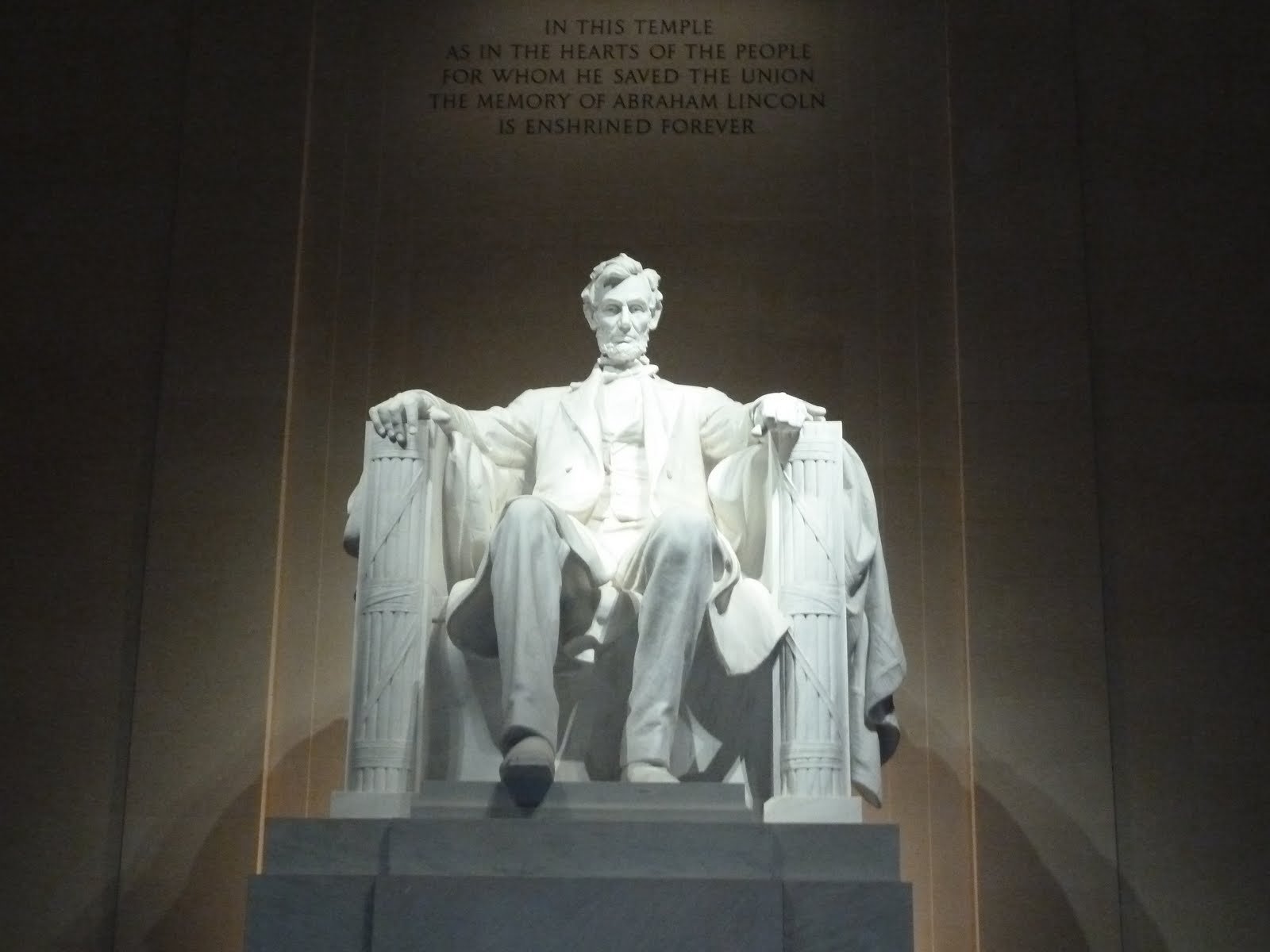
The Lincoln Memorial in Washington, DC was the site of one of the best known events in the struggle for racial justice in our nation’s history. At the March on Washington for Jobs and Freedom on August 28, 1963, Dr. Martin Luther King, Jr. gave his famous “I Have a Dream” speech. Yet 24 years before this renowned event, the Lincoln Memorial was the site of another major racial justice event that predated the modern Civil Rights Movement.
Eighty five years ago this week, the famous Black opera singer Marian Anderson sang there on April 9, 1939. She had been invited to Washington by Howard University as part of a concert series. Originally scheduled to sing at Constitution Hall, she was denied access by the Daughters of the American Revolution who owned the venue and enforced a whites only performers policy. When First Lady Eleanor Roosevelt became aware of this, she resigned her membership in the DAR. Through the efforts of the First Lady along with leaders from the NAACP and the US Interior Department, arrangements were made for Marian Anderson to sing on the steps of the Lincoln Memorial. On Easter Sunday 1939, 75,000 people gathered to hear her sing. The video posted below features Marian Anderson’s performance at the Lincoln Memorial. This went down in history as a significant moment in the ongoing struggle for racial justice and equality. Marian Anderson continued to use her great talent in support of racial justice. In fact, she came to Washington to sing a second time on the steps of the Lincoln Memorial during The March on Washington for Jobs and Freedom. On that historic day that culminated with Dr. King’s famous speech, she sang “He’s Got the Whole World In His Hands.” What a fitting connection between faith in God and the movement that insisted on honoring the image of God in all people.
Earlier this year, Marian Anderson was honored and memorialized in her home city of Philadelphia. The primary venue of the world renowned Philadelphia Orchestra was renamed Marian Anderson Concert Hall. On this week of the 85th anniversary of her Easter 1939 performance at the Lincoln Memorial, we honor the memory and legacy of a woman who used her gifts and talent to advance justice and equality for all.
